Civilian nuclear power is becoming a hot topic in the oil-rich Middle East. Frustrated by US indecision, Saudi Arabia’s leaders are signaling that they may be shifting from West to East.
Saudi Arabia's plan to diversify its energy sources by developing nuclear power has opened a new "front" in the US-China competition, as the two superpowers increasingly challenge each other for economic, diplomatic and military influence in the Middle East.
Plan B
The Wall Street Journal reported on August 25 that Saudi Arabia's leaders are carefully evaluating a Chinese proposal to build the oil-rich Middle Eastern nation's first nuclear power plant.
The move is in line with the Vision 2030 plan promoted by Saudi Crown Prince Mohammed bin Salman (MBS), which aims to transform the Saudi economy and reduce its dependence on oil.
The plan would introduce major socio-economic reforms in the Middle Eastern country, but it also risks upsetting the United States, which fears a nuclear energy program could pave the way for Riyadh to develop nuclear weapons.
According to the US business daily Wall Street Journal, the state-owned China National Nuclear Corporation (CNNC) has proposed building a plant in eastern Saudi Arabia, not far from the border with Qatar and the United Arab Emirates (UAE).
Saudi officials told the Wall Street Journal that talks between Riyadh and Beijing could push the White House to compromise on non-proliferation principles that have so far stymied a deal with the U.S. But MBS is also ready to push for a “Plan B” with China if talks with the U.S. fail.
On the Beijing side, Chinese Foreign Ministry spokesman Wang Wenbin said at a regular press conference on August 25: “China will continue to carry out mutually beneficial cooperation with Saudi Arabia in various fields, including civil nuclear energy, while strictly abiding by international nuclear non-proliferation obligations.”
Saudi Arabia has previously called on the United States to cooperate on civilian nuclear energy in exchange for normalizing relations with Israel under the Abraham Accords. Currently, the two Middle Eastern countries do not have formal diplomatic relations.
However, concerns from the US and Israel, as well as the possibility that Riyadh could build nuclear weapons, have hampered the ambitions of the leading Arab kingdom. Israel is the only nuclear power in the Middle East and intends to keep it that way.
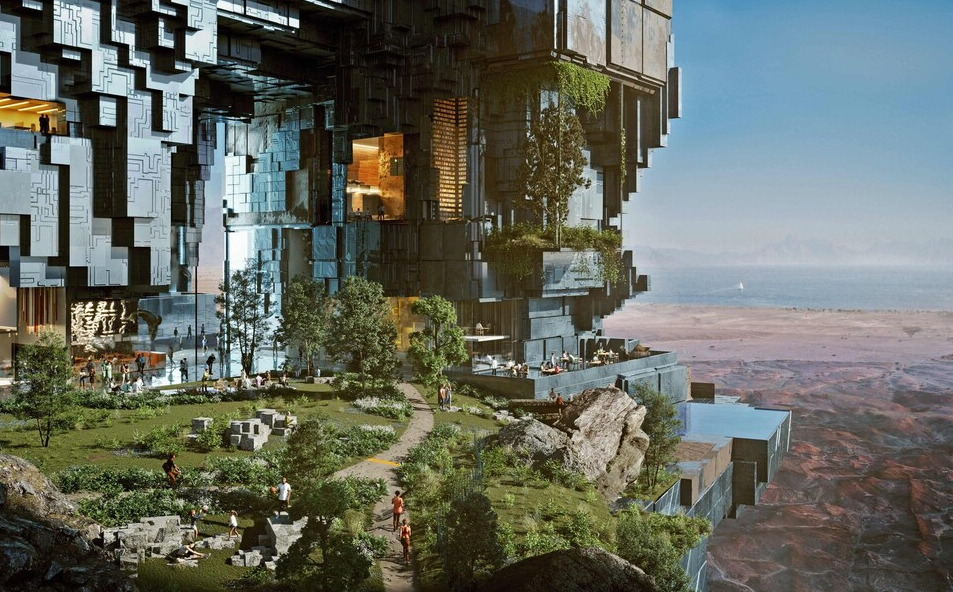
The futuristic megacity in Saudi Arabia is part of Crown Prince Mohammed bin Salman's (MBS) plan to reduce the kingdom's dependence on the Petrodollar (oil revenue). Photo: Getty Images
Meanwhile, over the past few years, China has been actively strengthening its ties with Gulf countries, starting with Saudi Arabia, especially after Beijing brokered a deal to normalize relations between Riyadh and its historic rival Tehran.
China is also Saudi Arabia's largest crude oil customer, while Saudi Arabia remains the world's largest oil producer.
Although Riyadh is Washington’s most important arms customer, and the US and Saudi Arabia have long maintained close relations, Saudi Arabia recently received an invitation to join the BRICS group – an informal organization including Brazil, Russia, India, China and South Africa that is considered a “new pole” in the multipolar world and poses a significant challenge to the US’s leading position.
“100 Year Marriage”
The Saudis are pushing the Americans to provide “guarantees” if they decide to establish formal relations with the Israelis. However, the US appears unwilling to make concessions on nuclear energy, opening the door for China to become an important partner for Saudi Arabia.
And China is not the only partner Riyadh is targeting. In fact, Saudi Arabia is also looking to Russia and France to develop nuclear technology to pressure the US to “change its mind”.
The final decision will have to be based on economics and technology, in which the US still has a huge advantage and will therefore be more welcomed by Saudi Arabia's leaders.
In the future, nuclear power is expected to gain a foothold as a major energy source in the oil-rich Middle East as well as the rest of the world.
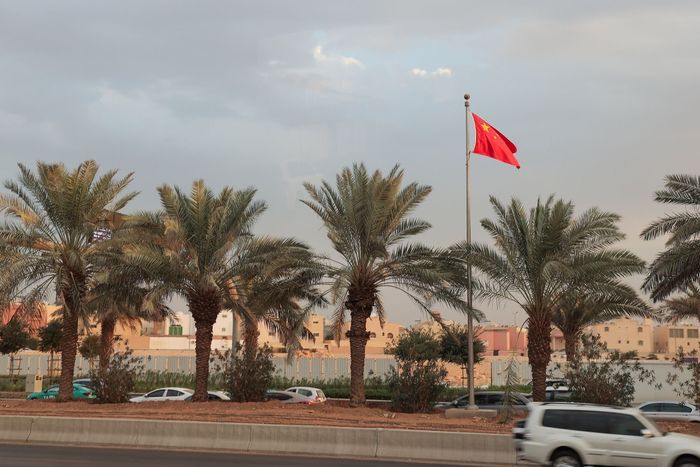
Chinese flags fly in Diriyah, a western suburb of Riyadh, Saudi Arabia. Photo: Bloomberg
One country building a nuclear reactor for another is inherently geopolitical because it forces both sides to sign long-term, expensive contracts.
Sun Qin, former chairman of China Nuclear Corporation CNNC, once likened such deals to a “100-year marriage,” in terms of the time it takes from initial negotiations to signing a deal and then through the construction, maintenance and decommissioning of a nuclear power plant.
Of the 31 reactors that have begun construction worldwide since the start of 2017, 17 were designed by Russia and 10 by China, according to the International Energy Agency (IEA).
China's nuclear companies have largely localized the designs and components of their nuclear plants, making the country less vulnerable to possible US sanctions.
Western analysts and experts are urging Washington not to give up the race, and not to tie this cooperation to the normalization of relations with Israel, because nuclear energy is a strategic component of Crown Prince MBS's Vision 2030 plan, otherwise it could give Beijing (or Moscow) free rein to control a new "front" in the Middle East.
US National Security Adviser Jake Sullivan recently spoke out on the issue, saying that the Biden administration will consult with the International Atomic Energy Agency (IAEA) on nuclear cooperation with Saudi Arabia. The IAEA's response could be of paramount importance to future decisions .
Minh Duc (According to AsiaNewsIt, WSJ)
Source



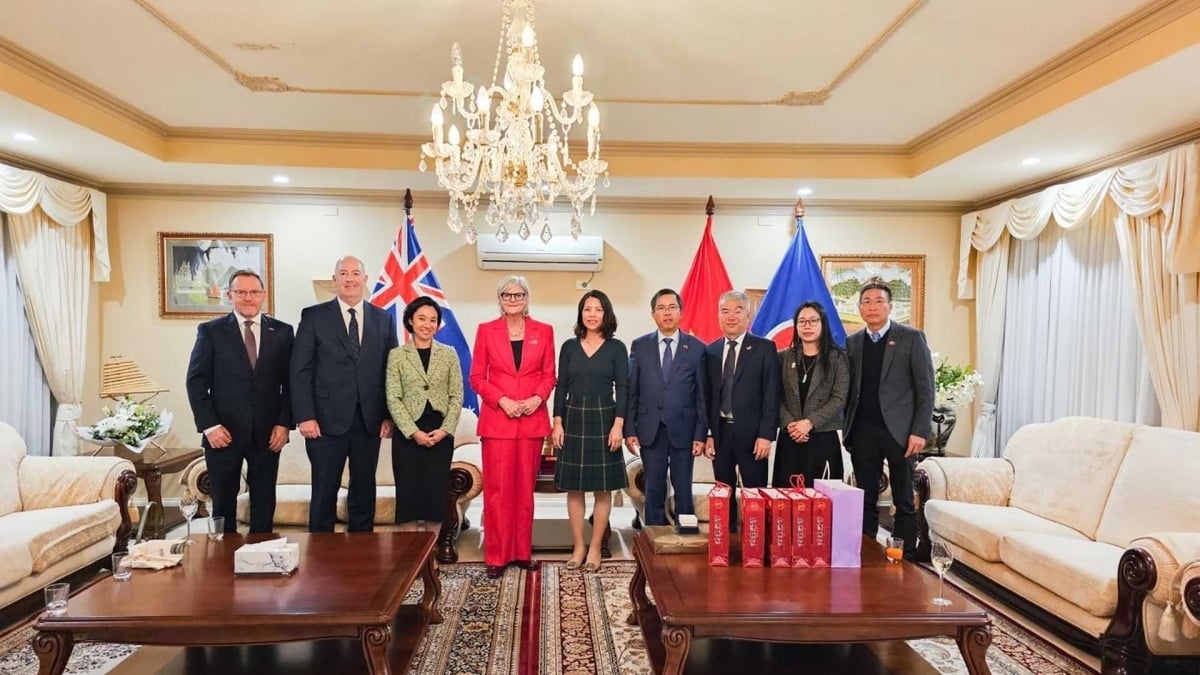

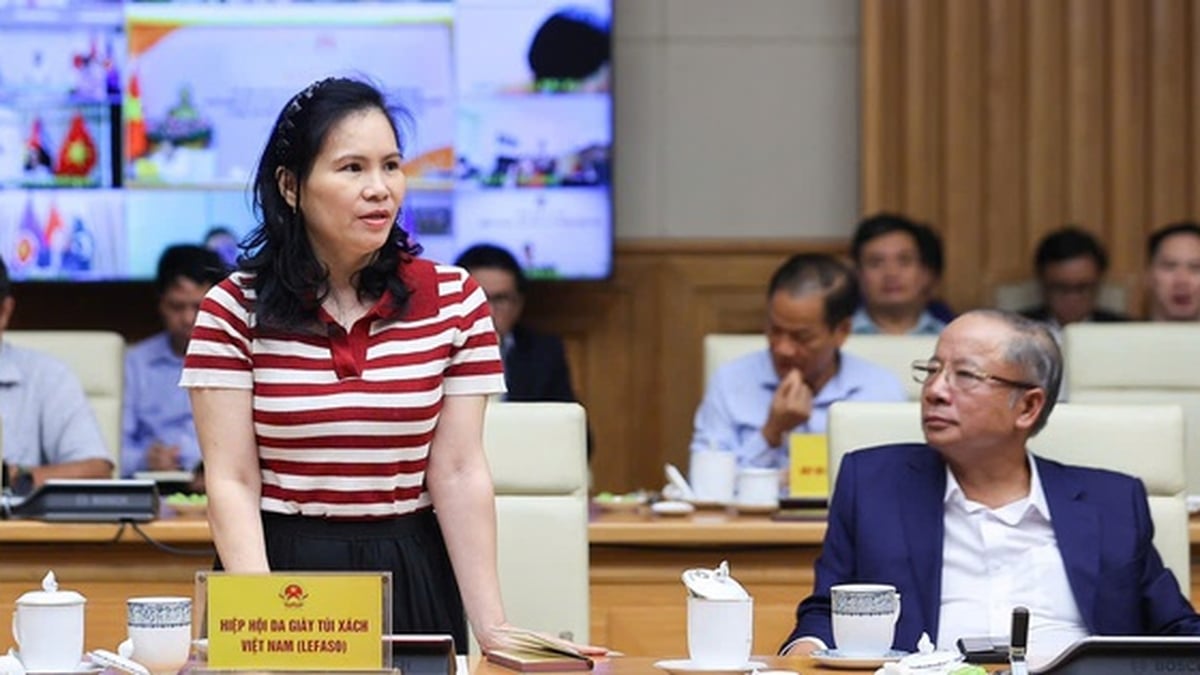
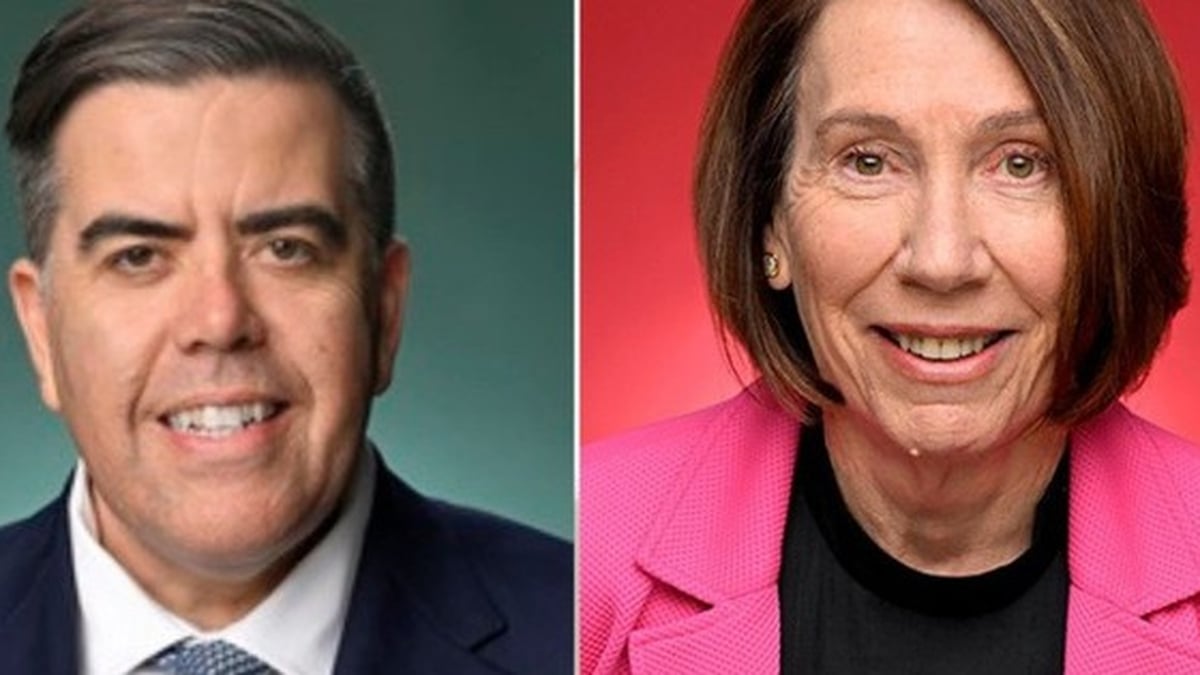

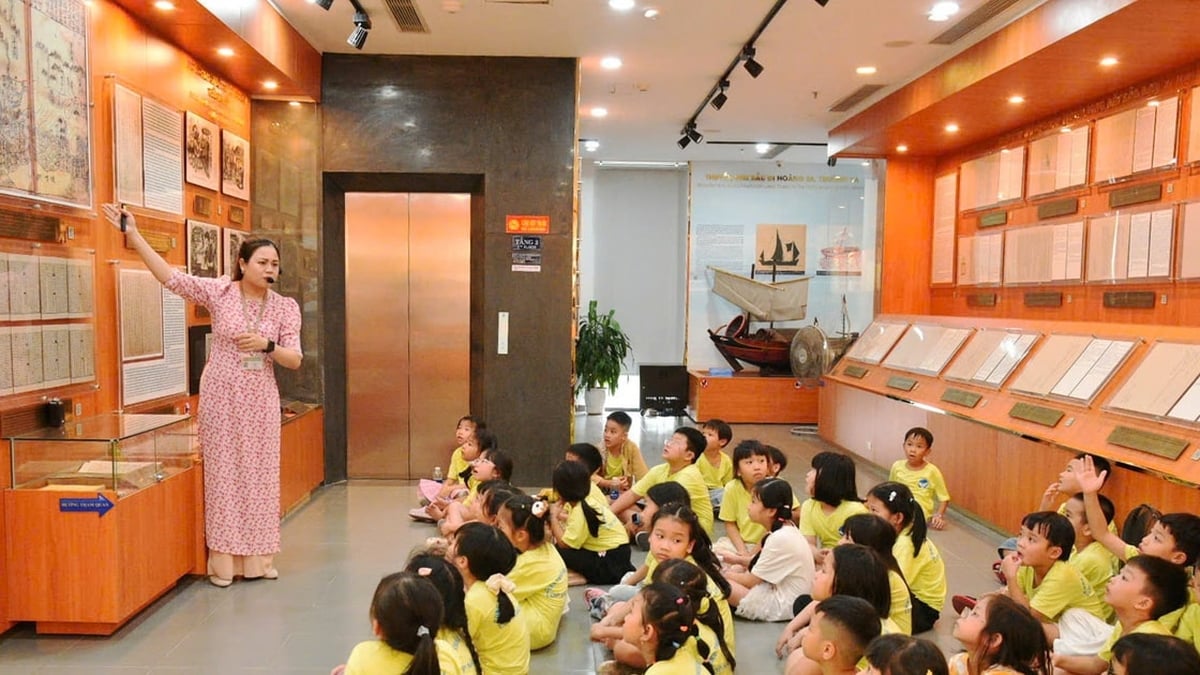


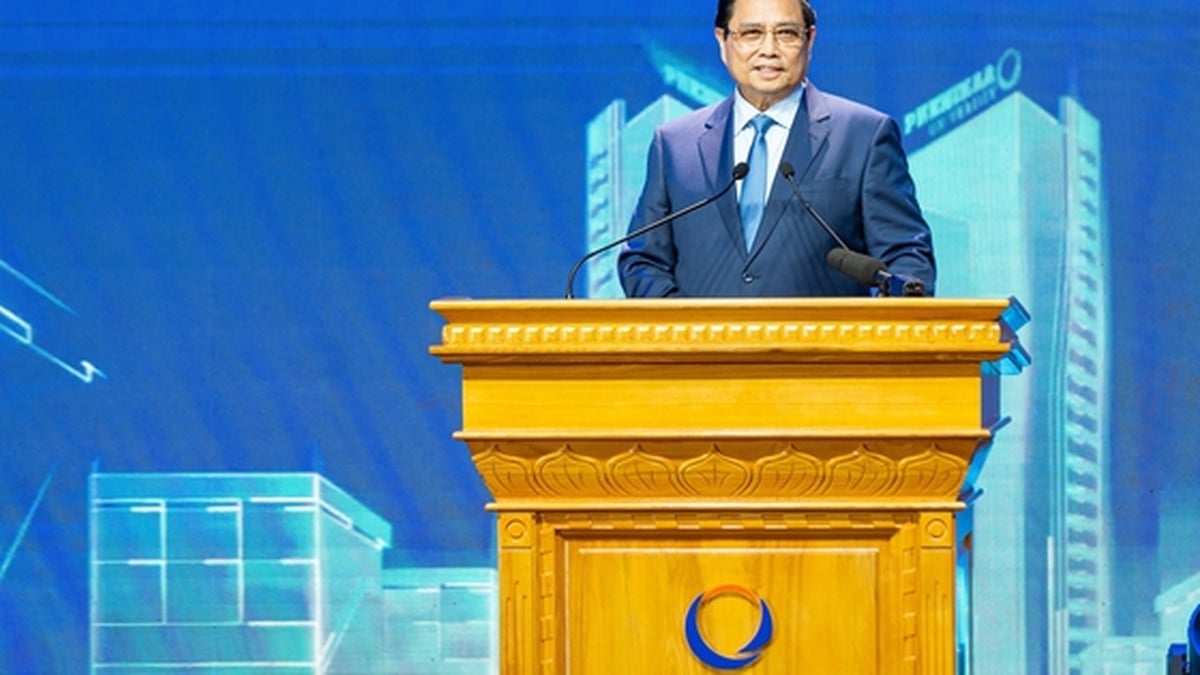





















































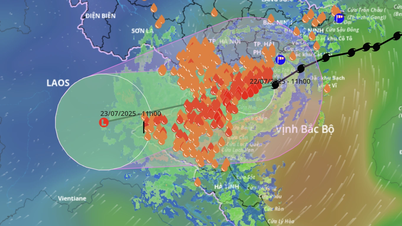







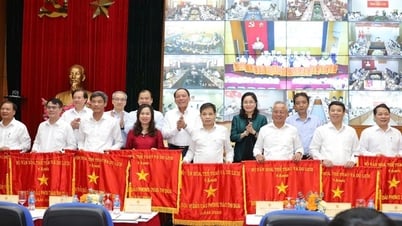


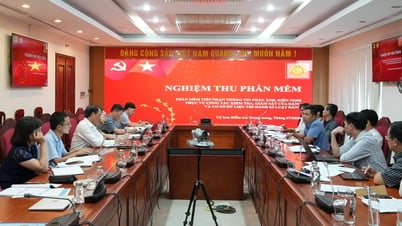


























Comment (0)